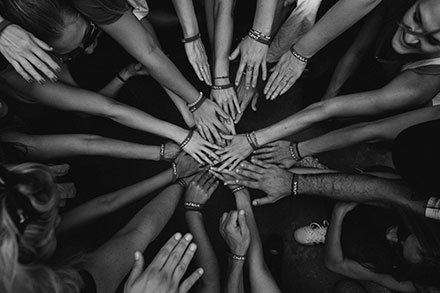DEI starts with us

Don’t take away my Black card during Black History Month. Before you read what I wrote below, you should also know that I am one who has experienced and fought racism and discrimination in the workplace. I won some battles and I lost some. It occurred to me that as we demand diversity, equity, and inclusion (DEI) from others, we need to do the same in our own communities. We are guilty of excluding people from our own churches, communities, and organizations based on gender, class, cliques, partisan politics, and personal agendas, to the detriment of progress. This is not the case 100 percent of the time, but it has happened more often than not, and it needs to stop. How do we demand of others what we won’t do ourselves?
In its purest form, if we are being very literal, DEI is not a racial or gender construct, as we tend to use it. We need diversity of ideas and experiences. We need equity, in terms of making sure that those marginalized voices get that extra lift to even the playing field. We need to stop marginalizing people that we don’t like personally just because we can.
All too often the people who have significant contributions to make are left out of the conversation because of personal and political agendas. We need inclusion from all major stakeholders in the community, and not just the ones with institutional and political power, and not just the people with whom we agree. Insular thinking stunts our growth.
If we are to practice DEI in the literal sense, we need to look at our own community-based organizations and initiatives. Who’s at the table? Who has been excluded? Why have they been excluded? Of the people at the table, how are the rewards divided? Are they divided equitably based on the contributions each team member makes to the success of the group? Or are resources kept within a small subset of the group?
Are coalitions broad based, representing all the major sectors of the community, especially the residents? Are the voices of residents driving the initiatives? Are residents and people who are impacted leading the initiatives? Who reaches out to the voiceless to make sure their interests are represented? You can’t speak for people without speaking to the people. I’m not talking about elected officials necessarily.
Is there accountability to the community—transparency, with the ability for people to respectfully ask questions in a safe space without fear of reprisal? There have been times when I have been literally treated like a criminal for asking legitimate questions that people in power didn’t want to answer. Sadly, I’m not the only one.
When God blesses any of us to lead organizations and major initiatives, we have a duty to be wise stewards, and make sure that we are treating everyone fairly and justly.






